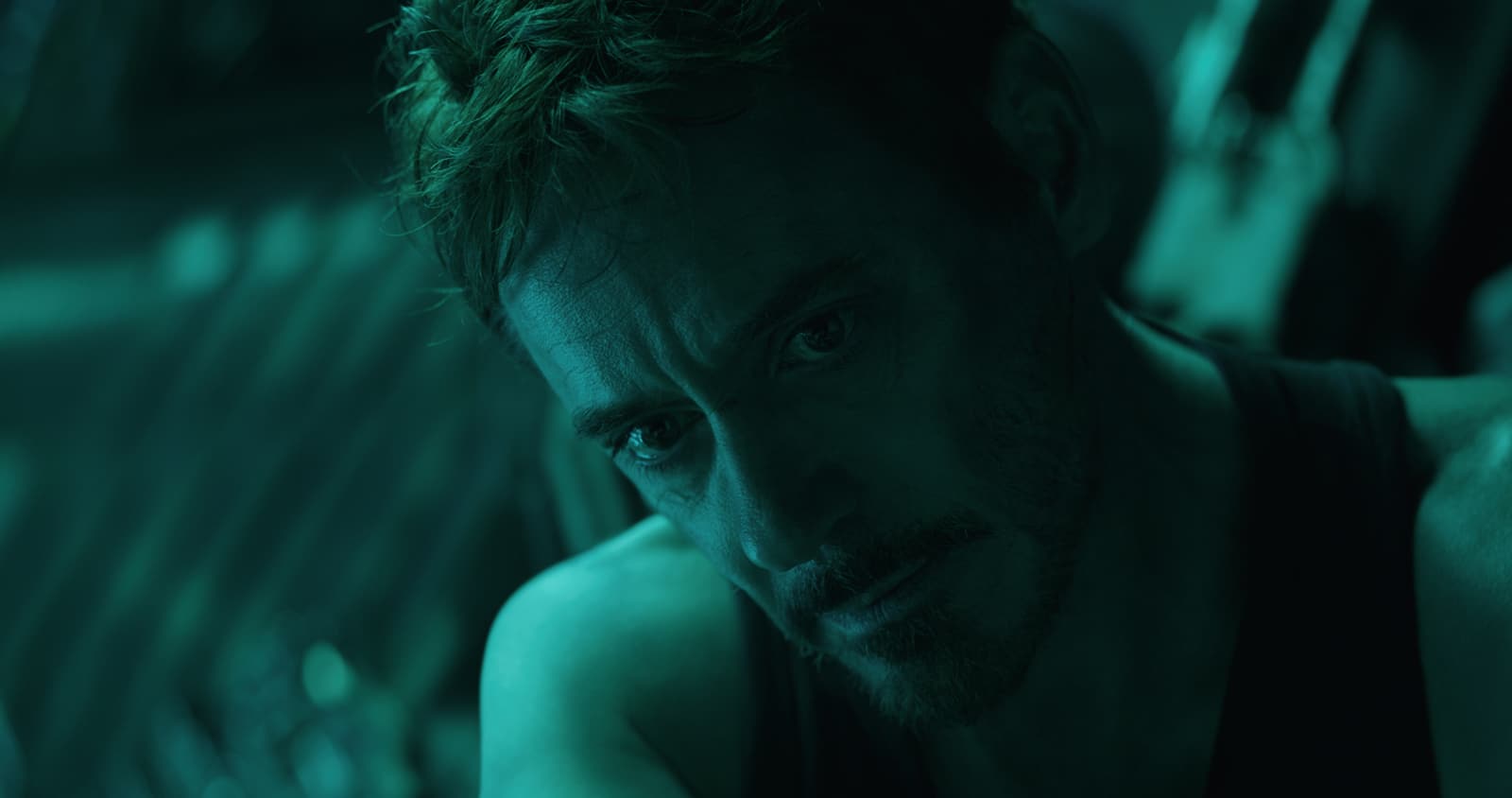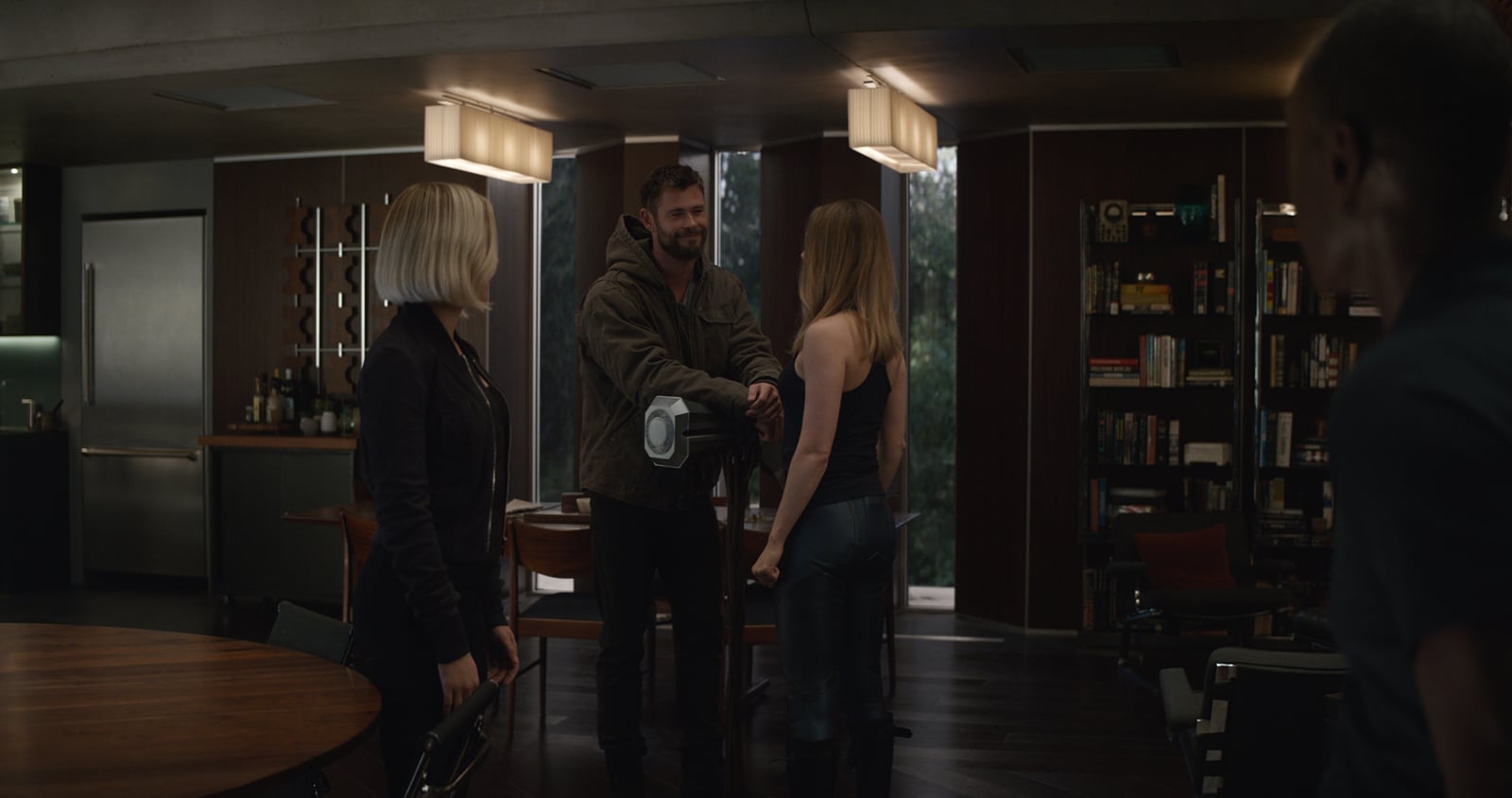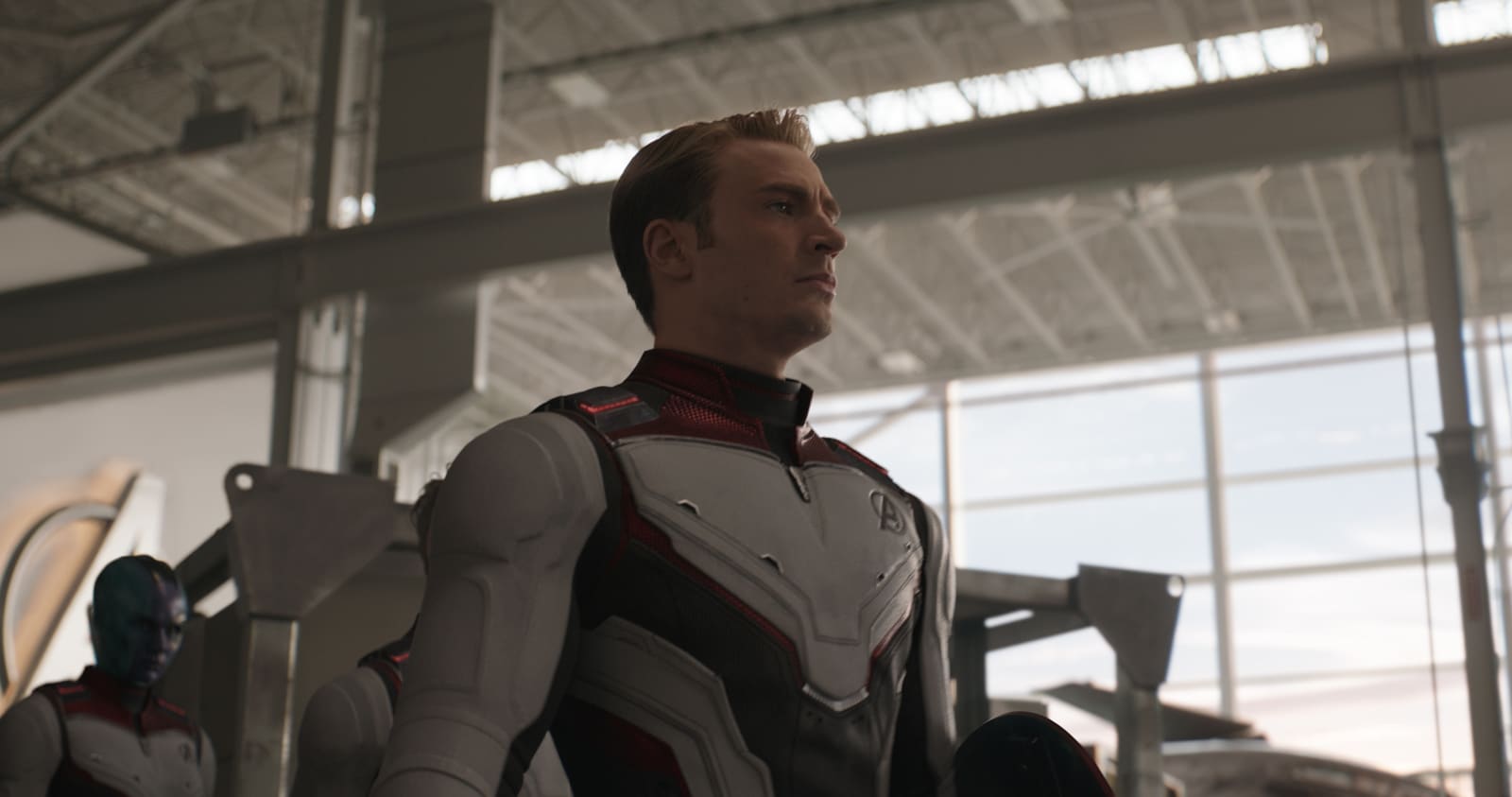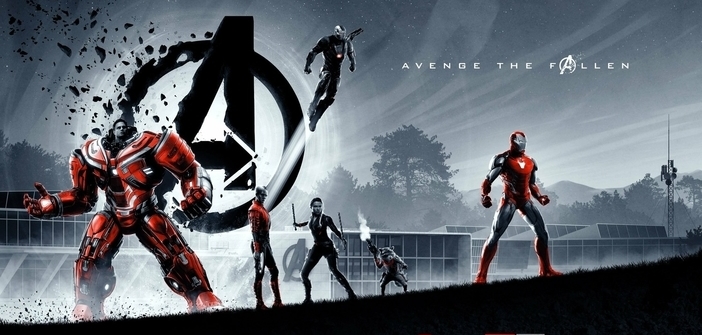Here we are. After 11 years of existence and more than twenty films, the Marvel Cinematic Universe delivers the conclusion of a narrative weave that began with the first Iron Man in 2008. Directed by the Russo brothers, Avengers Endgame addresses the disastrous situation left by the previous installment. Unfortunately, many qualities can be lost in the blink of an eye.
A veil of despair floats over our team of superheroes as half of the universe’s population has been annihilated by Thanos and the six infinity stones. Despite the efforts of numerous protagonists, the now-iconic titan managed to execute his infamous snap with the infinity gauntlet. Endgame, being a direct sequel, begins just a few days after this “decimation” and lets us hope, during the first half-hour, for a turn of events. In vain. What follows is an ellipsis of five long years that will not suffice in digesting the Avengers’ defeat but will instead accentuate a form of depression and resignation.

Thanks to an act seemingly insignificant, the story of Endgame can finally take shape and find its own stakes. Time travel is at the heart of the characters’ success and also an incredibly simplistic way to satisfy the greed of an army of fans in need of an epic conclusion. The problem lies there.
There is one aspect on which the feature film cannot be attacked. Avengers Endgame is a gastronomic service of fan-service, nostalgia, and references to previous films. The past, where much of the adventure unfolds, is a formidable pretext to offer collusions between certain figures of this vast universe and to answer (microscopic?) questions asked over more than ten years. Obviously, there is pleasure in witnessing certain encounters or even rekindling iconic scenes, but that does not suffice to construct a gripping final act. The omnipresence of childish, crude humor (especially for one particular character) and sometimes inappropriate timing further detaches the viewer from the plot. Marvel has accustomed us to laughter, and we laugh during Endgame. However, we regret it several times. We wish to transcend this form of focus that binds us to the antics. Especially when it is the final act, the closure of a cycle.

This fourth episode gains in melancholy what it loses in boldness and ambition. Its predecessor managed to elevate its antagonist, Thanos, to the rank of the film’s central focus, in addition to challenging our moral order and tugging at our rational conscience. In Endgame, Thanos lacks any depth, his goal inspired by a form of Malthusianism has vanished. It’s a pity. We would have liked to learn more about this morally questionable philosophy, albeit subject to debate. Erasing half of the entire universe’s living beings at random. This is done with the conviction of establishing peace and regulated development. It is abhorrent yes, but already far more intriguing than simply wanting to cause absolute chaos (as is often the case).
What remains?

Emotion is extracted from us. It seems difficult to escape it. Endgame propels its heroes toward an expected end. The Greeks had their Odyssey, Ulysses returns home to Ithaca amidst monstrous obstacles. The Avengers, after 11 years of a grand epic, will not all be saved. This nascent tension of impending sacrifice is a beautiful success. Thankfully. Myths and legends remain in our memory because they are inspired by our human values, serving us characters whom we could shake hands with. The MCU has brought us spectacle and emotion through these actors who have portrayed highly symbolic characters. Each with their own particular trait, appealing to some little boy or girl. Much later, after having grown up, we are surprised to return to the cinema with the same stars in our eyes as 10 years ago.





